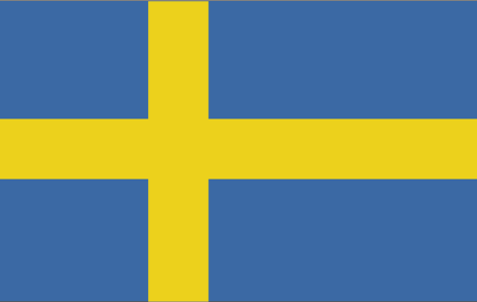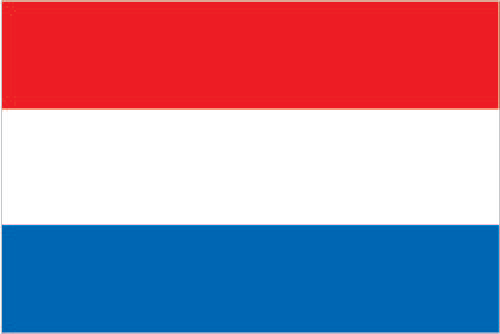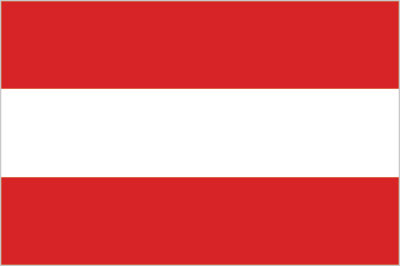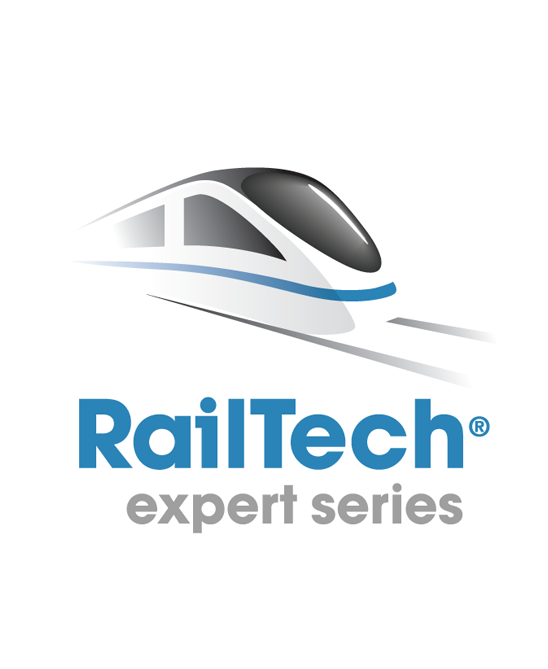‘Professionals in the field of Big Data in Railway Operations will share their experience and expertise’ Dr. Markus Enzi
Technical University of Graz
Programme Manager
Big Data in Railway Operations – 24 November 2016
The digitalisation of railways is an opportunity to create Intelligent Rail systems. In recent years the Rail Infrastructure Managers, Train Operating Companies and the rail maintenance companies started to collect and store data in order to monitor different assets and rolling stock.
Today’s challenges are recording, storing, transmitting, analysing, visualisation and distribution of these data. With Big Data, we do not look at single values anymore. Instead, when analysing Big Data, we look at dependencies and relationship of this data. The third day of the Intelligent Rail Summit 2016 is dedicated to big data entirely.
The availability of Big Data in the railway sector will lead to a better understanding of the condition and the predictive behaviour of assets as well as rolling stock. Therefore, Intelligent Rail Systems and Big Data gives us an exciting opportunity to improve the reliability of the railways, minimize risks and reduce costs making the railway sector more competitive.
The themes of the 3rd day of the Intelligent Rail Summit will cover:
- Opportunities to Integrate Wayside Train Monitoring and Rail Infrastructure Monitoring Systems
- Creating Railway Communications Systems needed to support Big Data volumes
- The need for Regulations, Standardisation and Interoperability
- How to organise these systems successfully
Programme 24 November: Big Data in Railway Operations
Programme manager: Dr. Markus Enzi – Technical University of Graz
Thursday, 24 November
09.00 – 09.30: Registration
- Chairman: Fabian Hansmann (Plasser & Theurer)
 Gerhard Kreß – Siemens
Gerhard Kreß – Siemens
Internet of Trains
Read abstract Diego Galar & Uday Kumar – Lulea University
Diego Galar & Uday Kumar – Lulea University
Railway Assets: a potential domain for big data analytics
11.00 – 11.30: Break
- Chairman: Fabian Hansmann (Plasser & Theurer)
 Pietro Pace – MerMec
Pietro Pace – MerMec
Creating an Intelligent Railway System: from big data collection to information distribution
Read abstract Raymond Soeters – ProRail
Raymond Soeters – ProRail
SpoorData – High-quality asset data
Read abstract Steven Hagner – ABB Enterprise Software
Steven Hagner – ABB Enterprise Software
The Role of Asset Health Platforms in Rail Asset Performance Management
Read abstract
13.00 – 14.00: Lunch
- Chairman: Stefan Marschnig (TU Graz)
 Georg Neuper (OeBB)
Georg Neuper (OeBB)
New data warehouse at Austrian Federal Railways – LCM Asset Application Patricia Marty – Rhomberg Sersa Group
Patricia Marty – Rhomberg Sersa Group
From individual fault assessment to Big Data
Read abstract Florian Pototschnig and Daniel Dötzl – WienerLinien
Florian Pototschnig and Daniel Dötzl – WienerLinien
Visualization of data: ‘Gläserner Fahrweg 2.0’
Read abstract
15.30 – 16.00: Break
- Chairman: Stefan Marschnig (TU Graz)
 Peter Boom – voestalpine SIGNALING
Peter Boom – voestalpine SIGNALING
Enabling the intelligent freight wagon (RFID)
Read abstract Sei Sakairi – JR East
Sei Sakairi – JR East
New Transport Arrangements using ICT
Read abstract Emanuele Fumeo – University Genoa
Emanuele Fumeo – University Genoa
Train Delay Prediction System for Large-Scale Railway Networks based on Big Data Analysis
Read Abstract
Questions to be answered at Big Data in Railway Operations 2016:
Integration with Wayside Train Monitoring & Rail Infrastructure Monitoring Systems
- What is the definition of Big Data in Railway Operations (maintenance & signaling), what are we talking about actually?
- What is the relationship between WTMS and Railway Infrastructure Monitoring Systems? How can they talk with each other?
- What are the opportunities for continuous machine learning in railway operations using Big Data?
- How can predictions based on Big Data analyses help to reduce the cost of maintenance?
- How to use multi-source data (WTMS and Infrastructure Data) to Anticipating Railway Operation Disruptions?
- What are the benefits of Building Information Modeling (BIM) for Rail Infrastructure?
Regulations, Interoperability and Standardisation
- How to secure data-quality and validation?
- Can we define international standards for both the hardware and software components?
- What is the Role of European standards and which organisations should cooperate with each other UNIFE, UIC, CEN, ISO?
- What lessons have we learned from ERTMS data standardisation?
- Do we need the regulators, or is there a business case in working together?
Organisation, Roles & Responsibilities
- How to share date between the infrastructure manager and the operators? And why we should do it?
- How to deal with the dilemma of Business Competition and improved reliability of railway operations?
- Who gets to see what? How to distribute data analysis systems to the workforce using apps?
IT Management – Organising it successfully
- What are the key opportunities with Big Data for the railway CIO’s?
- How to prioritise the endless opportunities and data overload? Creating a sensible road map?
- What systems to outsource?
- What out of the box (open-source) big data analysis systems for railway operations are on the market today?
- What can we learn from other industries?
- What is the railway workforce future? Intelligent rail requires IT professionals instead of railway engineers?
- What are the critical success factors to organise it successfully?
View the topics of discussion and the speakers for each individual theme:
- Day 1: Wayside Train Monitoring Systems
- Day 2: Rail Infrastructure Measuring & Monitoring
- Day 3: Big Data in Railway Operations
We are looking forward to meeting you in Naples.
